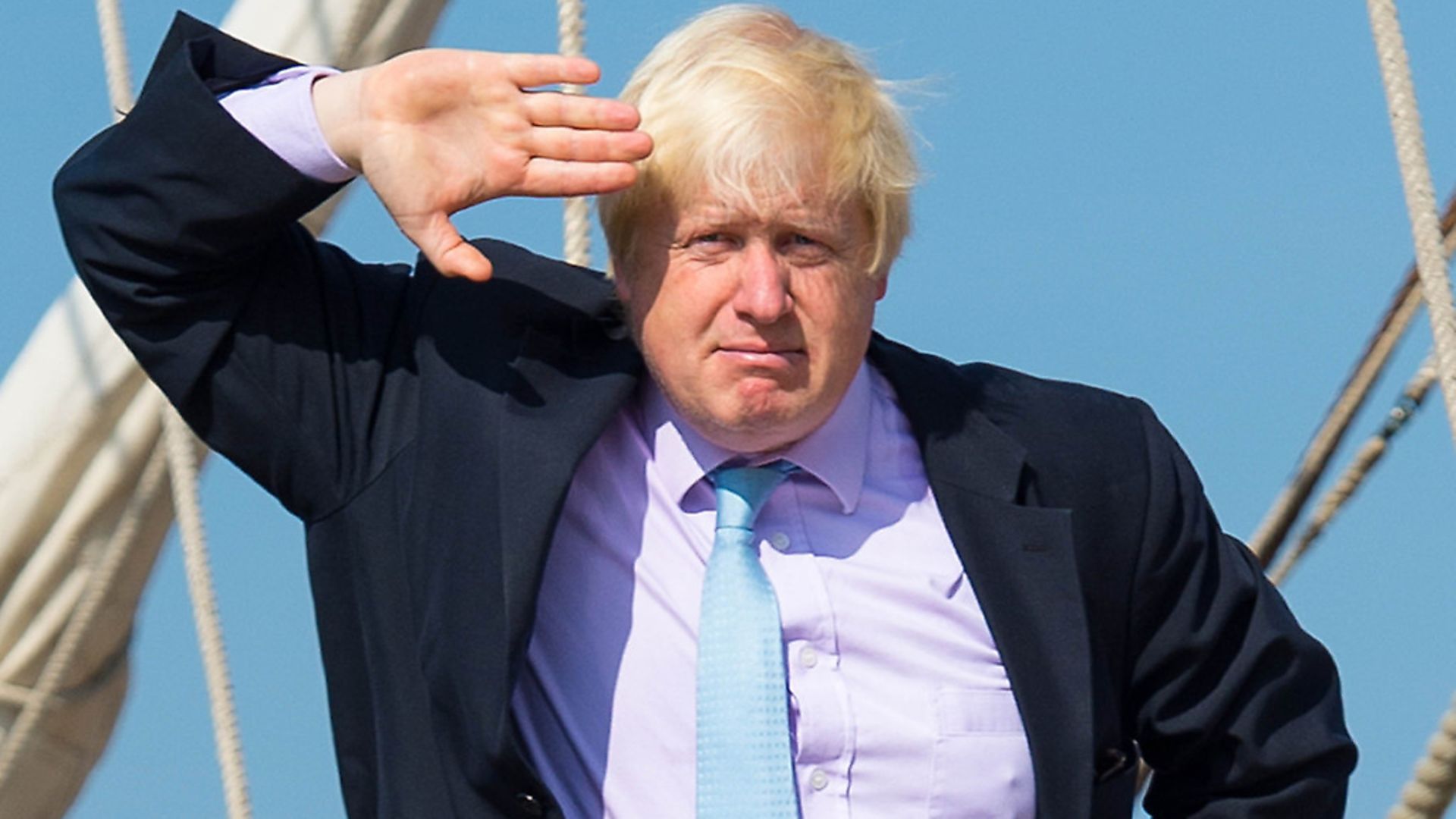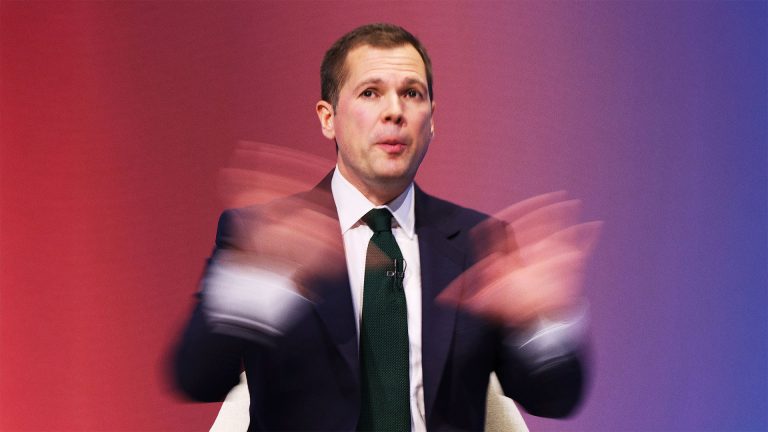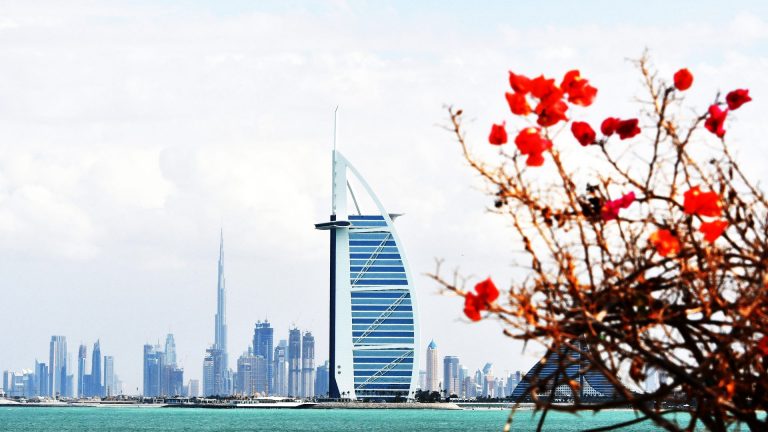
Labour has accused the government of reviving a Thatcherite plan to introduce new freeports in the country, which they say will aid tax avoidance.
The government says the ports, where UK taxes and tariffs will not apply, will create thousands of jobs, but they have dismissed allegations that it will lead to people dodging taxes.
Ministers have launched a consultation process aimed at naming the locations of the sites by the end of the year, so they can be up and running by 2021 after the UK leaves the EU.
Shadow chancellor John McDonnell said the move was an initiative of a “far right” government.
“This is the revival of a failed Thatcherite plan from the 1980s, designed to cut away at regulation and our tax base.
“There is very little solid evidence that so-called free ports create jobs or boost economic growth, showing this up as another ideological move from a far-right government.
“This plan only represents a ‘levelling-up’ for the super-rich, who will use free ports to hoard assets and avoid taxes while the rest of us feel the effects of under-funded public services.”
But chief secretary to the Treasury Rishi Sunak denied the plan will facilitate tax avoidance, and said a US trade boss reassured them they are safer than other ports.
“I absolutely don’t think they do and obviously you have stringent rules,” the Tory minister told Sky News.









